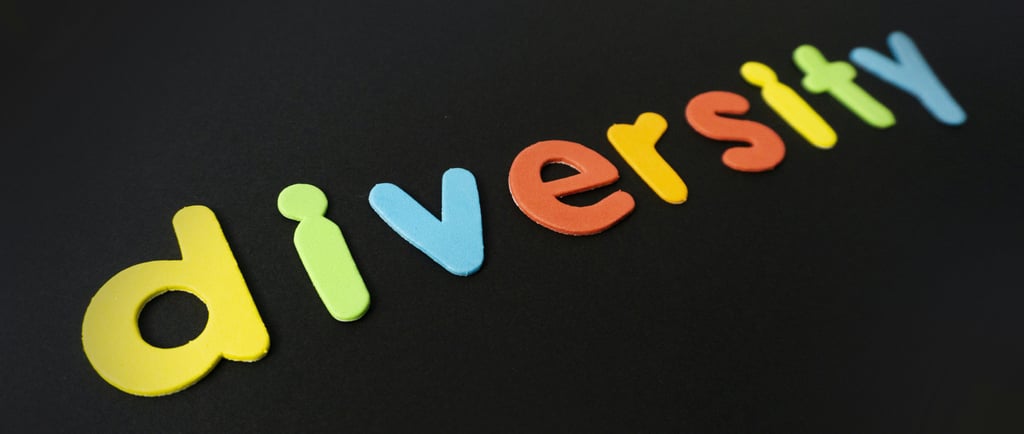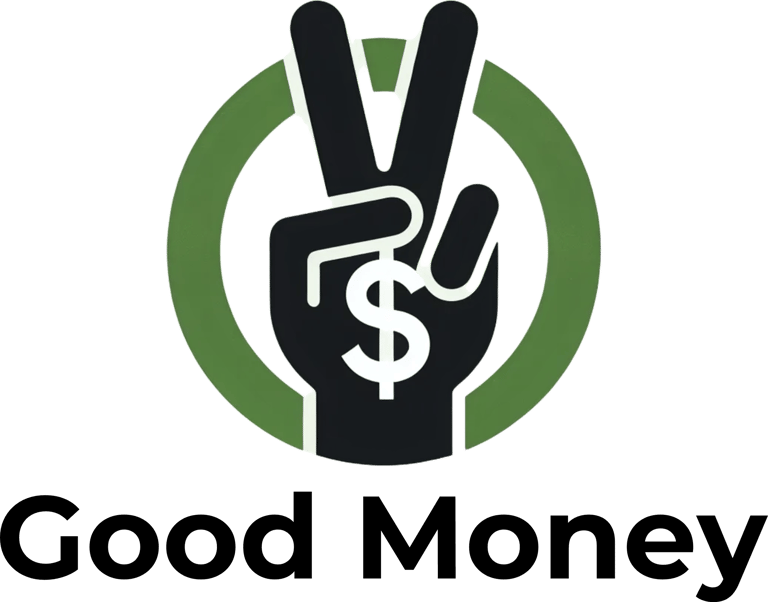As Political Backlash Grows, DEI Evolves—Not Disappears
As the political landscape in the United States continues to challenge diversity, equity and inclusion (DEI) efforts—most notably under former President Donald Trump’s administration—some organizations are adapting by rebranding rather than retreating.
NEWS
Staff
6/5/20252 min read


As the political landscape in the United States continues to challenge diversity, equity and inclusion (DEI) efforts—most notably under President Donald Trump’s administration—some organizations are adapting by rebranding rather than retreating.
According to Benefits Canada, at the University of Alberta, president Bill Flanagan began 2025 with an op-ed in the Edmonton Journal, introducing a new institutional framework: access, community and belonging. While it may appear to be a shift in semantics, Flanagan argued it’s more than that. “For some, the language of DEI has become polarizing,” he wrote. “Words matter—and this evolution aims to craft a shared narrative that resonates more universally.”
The university declined an interview with Benefits Canada but confirmed the change followed a year-long consultation. According to Marcie Hawranik, founder of Canadian Equity Consulting, the university’s website still highlights core DEI principles like intersectionality and diversity. “Belonging is code for inclusion, community for diversity and access for equity,” she said. “It’s just less polarizing language.”
South of the border, DEI programs are under intense scrutiny. Trump’s return to office brought a sweeping executive order to dismantle all federal DEI offices and related initiatives. That move followed the U.S. Supreme Court’s 2023 decision banning affirmative action in college admissions.
In response, companies including Ford, Lowe’s and McDonald’s scaled back or restructured their DEI programs. Ford withdrew from inclusion-related surveys, Lowe’s consolidated employee resource groups, and McDonald’s retired diversity hiring targets.
Still, not all companies are retreating. Both Apple Inc. and Costco Wholesale Corp. rejected shareholder motions to roll back DEI efforts. “We will continue to create a culture of belonging,” Apple CEO Tim Cook told investors.
Despite changing terminology and political headwinds, DEI work remains essential, said Hawranik, who traced its roots back to the Civil Rights Movement and the Canadian Human Rights Act. “It’s never been linear,” she said. “The work continues, even as the language evolves.”
As Canada becomes more demographically diverse, she added, the need for inclusive policies will only grow. “Whether or not we call it DEI, the work isn’t going away—it’s simply evolving to meet the moment.”
Connect
Discover businesses aligned with your values today.
info@goodmoney-app.com
© 2025. All rights reserved.
Write your text here...
A Subdivision of Original Media Group LLC.

